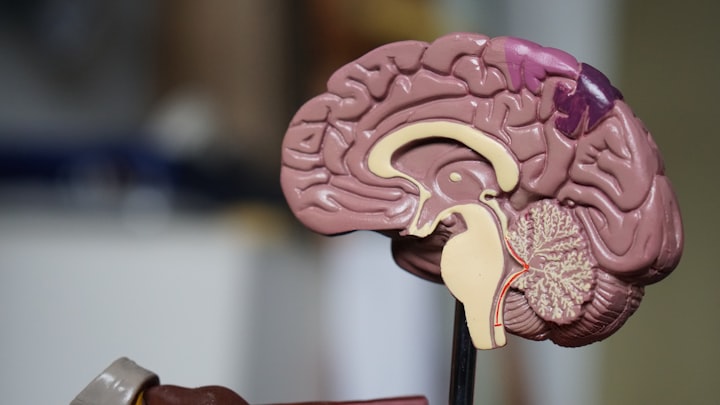
Keeping our brains and memories sharp is certainly on our minds these days. In fact, 34 percent of Americans say they’ve noticed signs of forgetfulness significant enough to worry them, in a March Consumer Reports nationally representative survey of 2,116 adults.
It’s true that the numbers of those diagnosed with Alzheimer’s disease, which robs sufferers of cognition, are predicted to keep climbing. And we’ve yet to find a cure. In fact, aducanumab (Aduhelm), the first new Alzheimer’s drug to be approved in almost two decades, may offer little benefit, according to a number of experts.
But evidence is piling up that lifestyle steps may reduce brain disease risks and help us maintain cognitive strength. A major 2020 report in The Lancet suggests that 12 factors within our control—including smoking, poor fitness, and obesity—are responsible for up to 40 percent of dementia cases.
We’re also seeing the potential in personalized prevention for those at higher risk for poor brain health. Take one study published in 2019, where researchers tailored risk reduction advice to volunteers’ cognitive test results, weight, and levels of blood pressure, cholesterol, and blood sugar.
After 18 months, most of the 174 participants—all with a family history of Alzheimer’s—had improved on thinking and memory evaluations. For those who had followed recommendations closely, “results were quite stunning,” says study co-author Lisa Mosconi, PhD, director of the Alzheimer’s Prevention Clinic at Weill Cornell Medicine in New York City. More research is needed, but “our findings make clear that it’s never too late to make key lifestyle changes, and see brain benefits,” Mosconi says. And because issues like high blood pressure are now known to have negative effects on thinking many years later, it may never be too early to focus on brain health, either. What follows are some strategies to consider.
5 Brain Health Basics
Keeping an eye on your overall health is key for brain health, but it may be especially important to prevent certain medical issues—and address them promptly if they do crop up. A few other regular self-care steps may also help you preserve thinking and memory.
Watch These Health Numbers
Monitoring and managing your blood pressure, cholesterol, and blood sugar levels are essential for optimal brain function, research suggests. “We know diseases like hypertension and type 2 diabetes damage the small blood vessels in the brain, affecting parts that you need for thinking and memory,” says Gary Small, MD, chair of psychiatry at Hackensack University Medical Center in New Jersey and author of “The Memory Bible” (Hachette Go, 2021).
Go for a Hearing Exam
If you often have difficulty following a group conversation, have your hearing checked. A number of studies suggest that hearing issues may affect your brain. For instance, an analysis of 36 studies, published in 2018 in JAMA Otolaryngology–Head & Neck Surgery, found that age-related hearing loss was linked to an increased risk of cognitive decline. Even very minor losses may contribute.
Get Good Sleep
As you slumber, your brain stays surprisingly busy, helping to solidify your memories for long-term storage. In addition, “When you’re asleep, your brain goes into housekeeping mode and cleans out toxins that can impair brain health,” says James Leverenz, MD, director of the Center for Brain Health at the Cleveland Clinic.
Have Your Meds Reviewed
Your doctor or pharmacist should go over your regular meds—including over-the-counter products and supplements—at least once a year, says Soo Borson, MD, professor emerita of psychiatry and behavioral sciences at the University of Washington School of Medicine.
Feeling Anxious
Both depression and chronic anxiety may make people more vulnerable to dementia as they age, so you may want to reach out to a therapist if you’re experiencing either. “If you’re depressed or anxious, you’re more likely to experience an increase in stress hormone levels, which are very toxic to brain cells,” says Petersen.





Comments
Mason Walker is not accepting comments at the moment
Want to show your support? Send them a one-off tip.